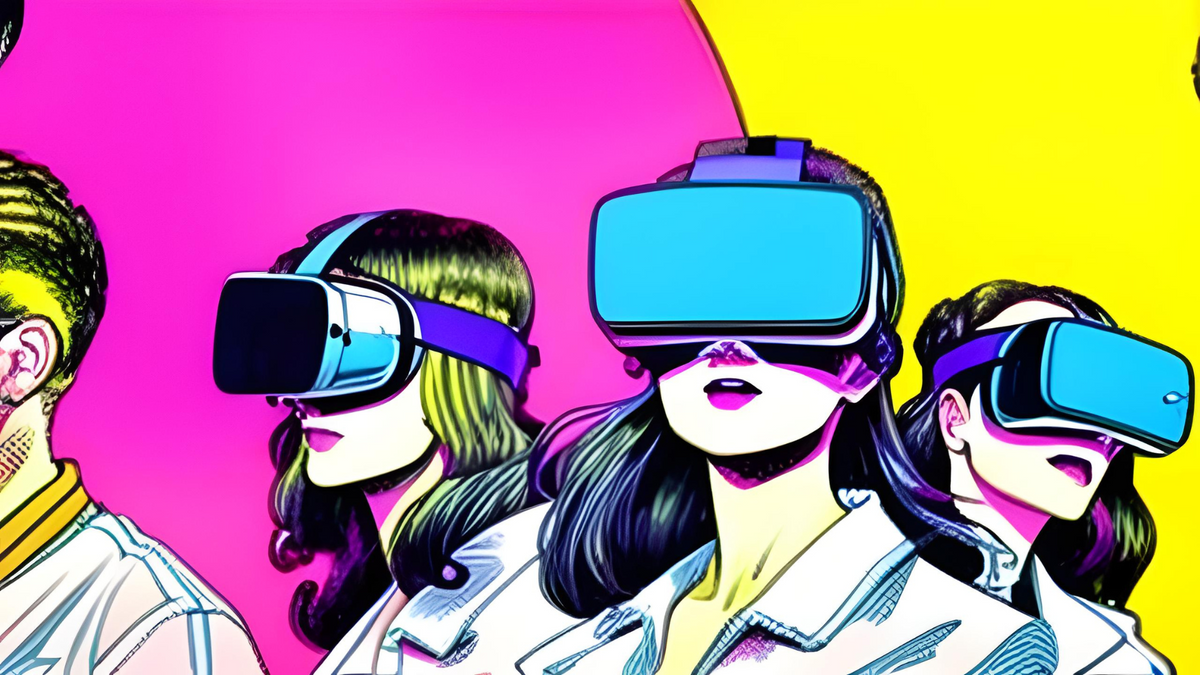The Future of Enterprise XR After Apple's Vision Pro
The enterprise extended reality (XR) landscape is set to shift with Apple's recent announcement of their Vision Pro headset. While enterprise XR companies have found success providing virtual and augmented reality headsets to clients, Apple's entry into the market may disrupt the current model.

The enterprise extended reality (XR) landscape is set to shift with Apple's recent announcement of their Vision Pro headset. While enterprise XR companies have found success providing virtual and augmented reality headsets to clients, Apple's entry into the market may disrupt the current model.
The old guard
For years, companies like Oculus, HTC and Microsoft have cornered the enterprise market by selling headsets in bulk for companies to distribute to employees or customers. Businesses preferred this buy-and-hold model rather than individuals purchasing their own devices, and notwithstanding, most of the software and apps the end users we actually using, were not deemed appropriate for the aforementioned hardware ecosystems.
However, with a major consumer tech company like Apple offering the Vision Pro for enterprise use, companies can now utilize a headset with an established ecosystem and brand recognition. Just look at the broad range of offerings offerings within the app store. Apple's thesis from inception has always been build what you want, make sure it meets our standards and pay us 30% for the opportunity.
Enterprise out of the box
The Vision Pro offers many features tailored specifically for enterprise, including enhanced spatial mapping, hand tracking capabilities, and collaboration tools.
Companies can leverage these features to create more immersive training simulations, visualized data applications, virtual collaboration spaces, and more. The headset's slim, glasses-like design also makes it more accessible for everyday business use.
As enterprise customers adopt the Vision Pro, the need for businesses to buy and hold stockpiles of VR headsets will diminish. Some analysts predict companies like Oculus and HTC could fail if they do not adapt their businesses beyond only supplying devices. These companies may need to diversify by developing their own software, workflows, and partnerships to provide more complete XR solutions.
Business adoption
At the same time, Apple's move into enterprise XR validates the technology's value for business and may accelerate adoption. But it also invites new competitors from major tech companies to enter the space. As the market grows more crowded, innovation and the ability to integrate XR into real business use cases will become key competitive advantages.
The Vision Pro announcement signals the start of a new era for enterprise XR. Companies already operating in this space will need to evolve to keep pace with Apple and prove their value beyond hardware supply. But with the right strategy, many players can thrive in the expanding XR market that Apple has now validated, though many may scoff at that statememt, but please make the argument otherwise.






